12 Clear Signs Someone Only Sees You as a Friend, According to Psychology

Have you ever wondered if someone you like sees you the same way? Sometimes the signals can be confusing, leaving you unsure about where you stand. Psychology offers helpful clues to decode these situations, helping you understand whether someone views you romantically or just as a friend. Recognizing these signs early can save you heartache and help you move forward with clarity.
1. You’re Always the One Reaching Out

When communication feels one-sided, it’s often a clue they’re not prioritizing you romantically. You find yourself sending the first text, making the plans, and keeping the conversation alive.
They respond politely but rarely initiate, showing friendly courtesy rather than genuine pursuit. Psychologists say that reciprocal effort is a hallmark of romantic interest. If someone truly likes you, they’ll make time and reach out without prompting.
One-sided communication suggests they enjoy your company but aren’t thinking about you when you’re not around. Pay attention to patterns over time. Occasional busyness is normal, but consistent lack of initiative reveals their true feelings and priorities.
2. They Only Invite You to Group Hangouts
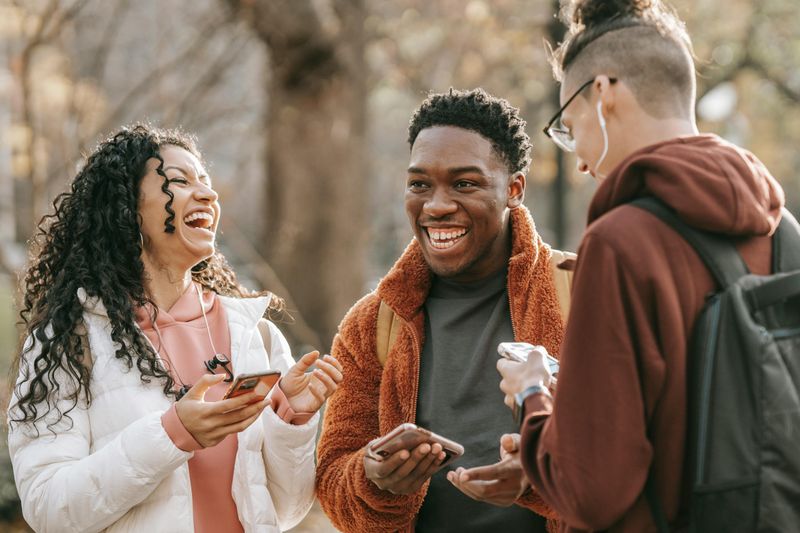
If every meet-up involves others, it suggests they’re keeping things casual. Group settings help avoid romantic tension and keep boundaries comfortably social. You might notice they never suggest grabbing coffee alone or doing something just the two of you.
This pattern shows they value your friendship but want to maintain emotional distance. Being part of a group feels safe and prevents any misunderstanding about their intentions. It’s their way of enjoying your company without crossing into romantic territory.
Research shows people seeking romance create opportunities for one-on-one time. When someone consistently avoids this, they’re signaling platonic interest only.
3. They Give You a Bro Nickname
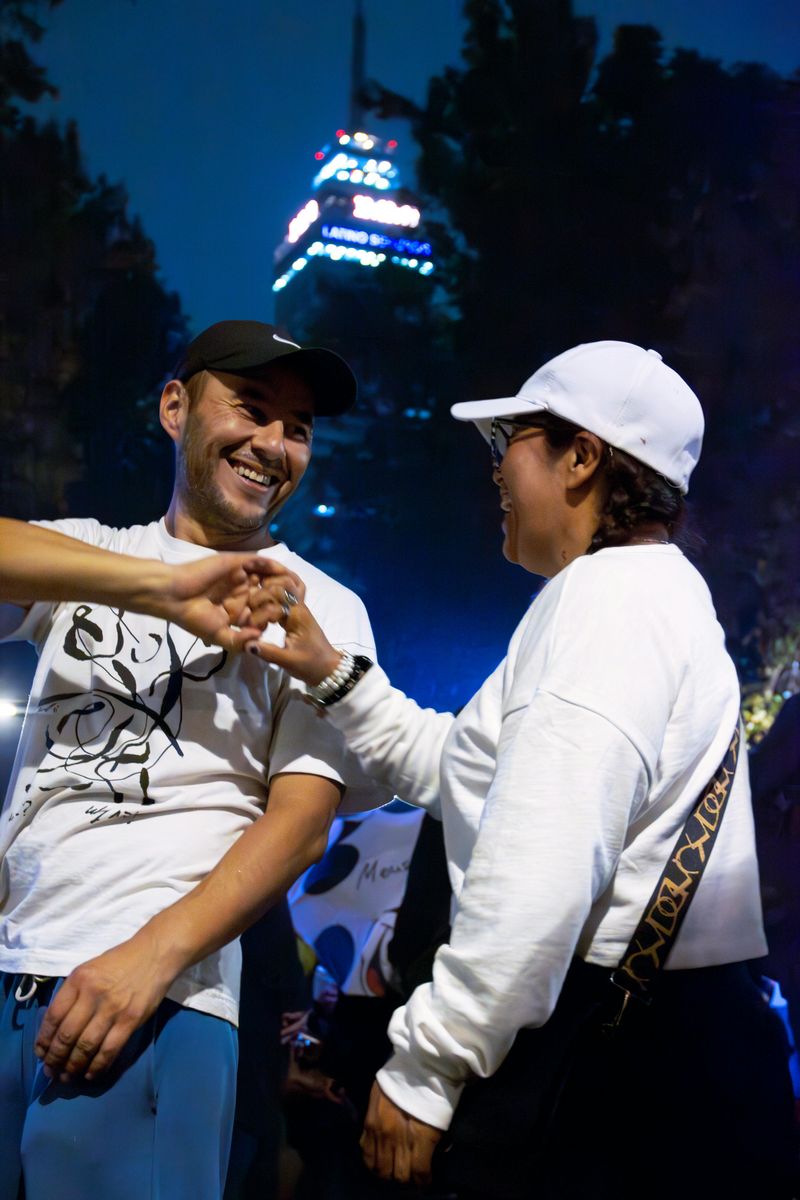
Using sibling-like or buddy nicknames such as dude, pal, or bro is a subtle way to frame the relationship as purely platonic. These terms signal emotional distance and categorize you firmly in the friend zone.
It’s their unconscious way of establishing boundaries without an awkward conversation. Psychologists note that language shapes how we perceive relationships. By using these casual labels, they’re reinforcing a non-romantic dynamic.
You’ll rarely hear romantic partners call each other by these types of names early in dating. Listen to how they address you compared to others. Nicknames reveal how someone mentally categorizes your place in their life.
4. They Talk to You About Other Women or Men
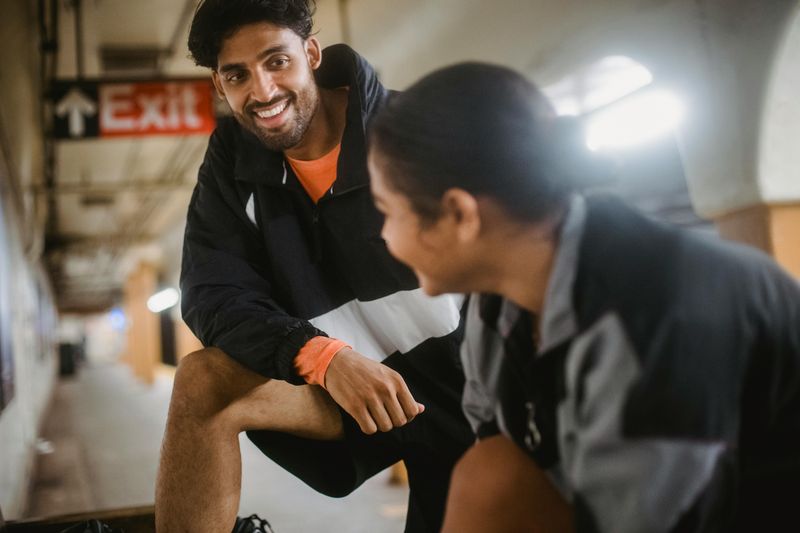
When they discuss crushes or dating experiences openly, it’s a strong indicator they see you as a confidant, not a potential partner. They’ll share details about someone they’re interested in, asking for your advice or venting about dating struggles. This behavior shows they trust you but view you platonically.
From a psychological perspective, people avoid discussing romantic interests with someone they’re pursuing. Doing so would send mixed signals and potentially hurt their chances.
By treating you as a sounding board, they’re confirming you’re in the friend category. Notice whether they seem aware of how these conversations might affect you. True romantic interest involves sensitivity to your feelings.
5. They Play Matchmaker for You

Trying to set you up with someone else is a friendly gesture that doubles as a clear message: they care about your happiness, just not romantically. They might mention a coworker who’d be perfect for you or suggest blind date setups.
While well-intentioned, this behavior firmly places you in the friend category. Psychology tells us that romantic interest involves a degree of possessiveness and jealousy. Someone who likes you romantically wouldn’t actively encourage you to date others.
By playing cupid, they’re showing they genuinely want you to find love—with someone else. This sign is actually quite considerate, even if it stings. They’re being honest about their feelings through actions.
6. There’s No Flirty Physical Contact

Romantic interest often shows in small touches, glances, or proximity. If their body language stays neutral, they’re comfortable but not attracted in that way. You’ll notice they maintain personal space, avoid lingering eye contact, and keep physical interactions minimal or buddy-like.
Research in nonverbal communication shows attraction involves subconscious behaviors: leaning in, light touches, and mirroring movements. When these signals are absent, it indicates platonic feelings.
Their body is telling you what their words might not. Compare how they interact with you versus others they might be interested in romantically. The difference in body language will be noticeable and revealing.
7. Drunken Affection is All You Get
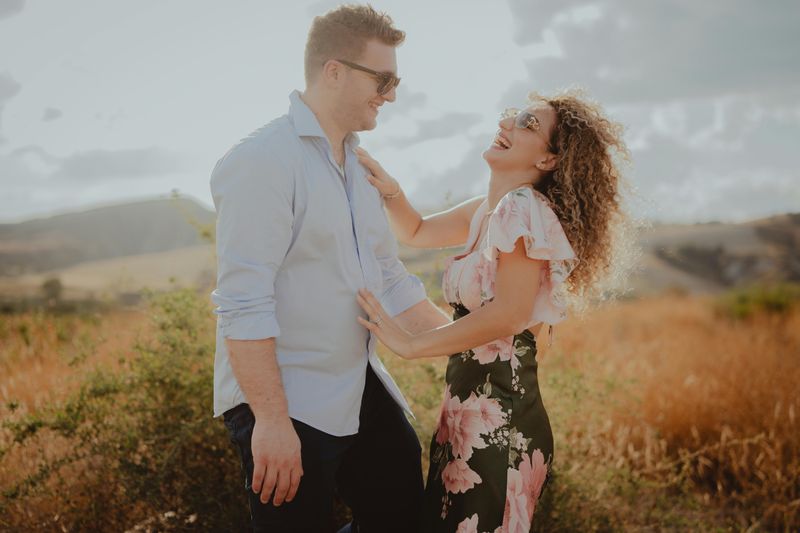
If intimacy only surfaces when they’re drinking, it’s likely liquid courage masking confusion rather than real romantic intent. Sober interactions remain firmly platonic, but after a few drinks, they become affectionate or flirtatious.
This inconsistency reveals their true feelings—or lack thereof. Psychologists explain that alcohol lowers inhibitions but doesn’t create genuine emotions. These moments reflect temporary impulses, not authentic romantic interest.
If they genuinely liked you, they’d show it when clearheaded and capable of following through. Pay attention to how they act the next day. Do they acknowledge what happened or pretend nothing occurred? Their sober behavior tells the real story.
8. You Get the Let’s Just Be Friends Line

Sometimes they’ll blurt it out awkwardly, trying to soften the truth. This is the clearest—if uncomfortable—signal that they value friendship over romance. They might say it after sensing your interest or to prevent misunderstandings.
While it feels harsh, it’s actually respectful communication. Psychology emphasizes the importance of direct communication in relationships. By stating their feelings explicitly, they’re giving you the information you need to make informed decisions.
It takes courage to have this conversation rather than leading someone on. Though it hurts initially, this honesty allows you to process your feelings and move forward. Clarity beats confusion every time.
9. They’re Crushing on Someone Else
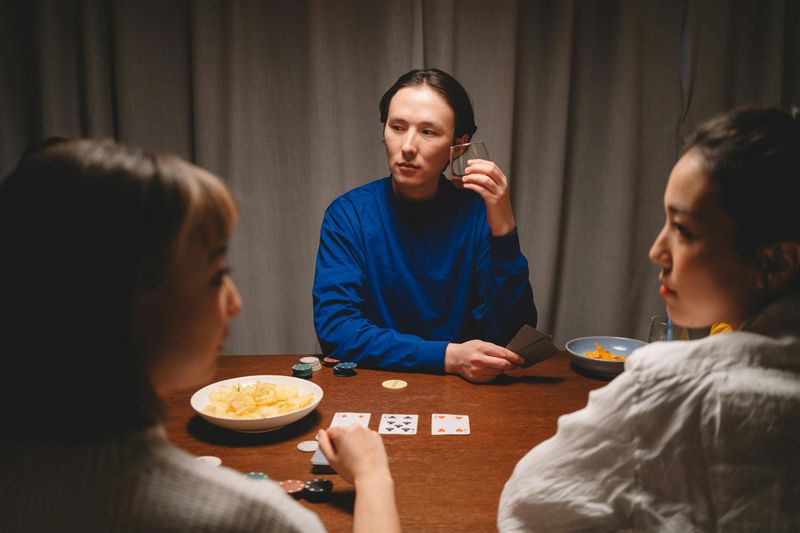
When they confide about another person they like, it’s their indirect way of showing where their heart really is, while still valuing your companionship. They’ll light up talking about this person, sharing every detail and asking your opinion. Their enthusiasm makes their romantic focus crystal clear.
From a psychological standpoint, we naturally talk about what occupies our minds. If someone else dominates their thoughts and conversations, that’s where their emotional energy is directed.
You’re the trusted friend, not the romantic interest. Notice the emotional intensity when they discuss this person. That energy reveals their genuine romantic feelings are directed elsewhere, not toward you.
10. They Never Mention a Future We—Only Us as Friends

Conversations about the future stay anchored in platonic activities. You’ll hear plans like trips as friends but never romantic possibilities. When discussing long-term goals, dreams, or plans, you’re either absent or included only in a buddy context. There’s no hint of romantic partnership in their vision.
Research shows that people in love naturally include their romantic interest in future planning. They imagine shared experiences, homes, or life milestones together.
When someone consistently frames the future in purely platonic terms, they’re not envisioning you romantically. Listen carefully to the language they use. Words like we, us, and together take on different meanings depending on romantic versus platonic context.
11. They Keep Things Emotionally Neutral and Avoid Deeper Vulnerability

They share surface-level details and enjoy your company but never invite emotional intimacy. The connection stays safely in the friend zone. Conversations remain lighthearted, avoiding deep fears, dreams, or vulnerabilities that characterize romantic relationships.
Psychologists distinguish between different levels of emotional intimacy. Romantic relationships typically involve deeper self-disclosure and emotional risk-taking. When someone maintains emotional boundaries with you, they’re protecting the friendship dynamic rather than building toward romance.
You might feel like you know them, but only to a certain depth. That invisible boundary reveals they’re comfortable with friendship but unwilling to venture into romantic emotional territory with you.
12. They Introduce You as Their Friend to Everyone
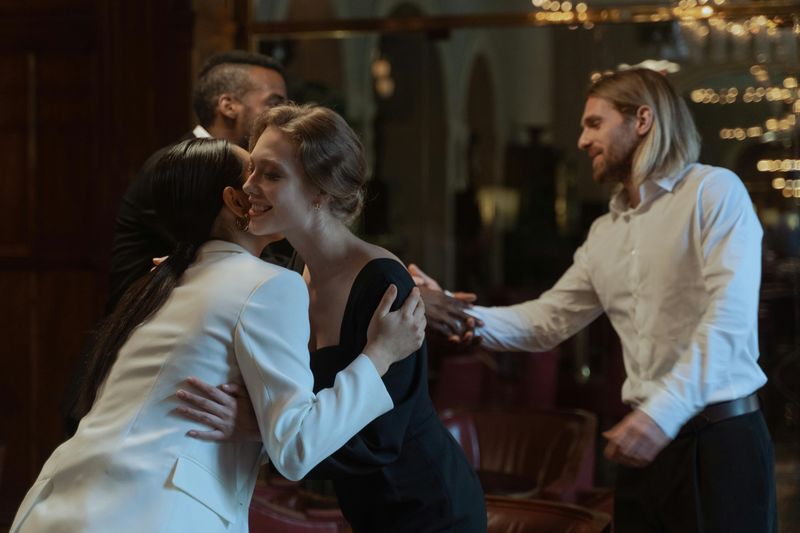
Pay attention to how someone labels you in social situations. When they consistently introduce you as “my friend” to family members, coworkers, or new acquaintances, it sends a clear message about how they view your relationship. This isn’t just casual wording—it’s a deliberate choice that reveals their mindset.
People who have romantic interest typically avoid using the friend label because they don’t want to create that impression. Instead, they might introduce you by name without adding a relationship label, leaving things open to interpretation. The friend title acts as a boundary marker.
According to relationship psychology, how we introduce people reflects our internal categorization of them. If someone never hesitates to call you their friend publicly, they’ve mentally placed you firmly in that category and aren’t considering anything beyond friendship.

Comments
Loading…